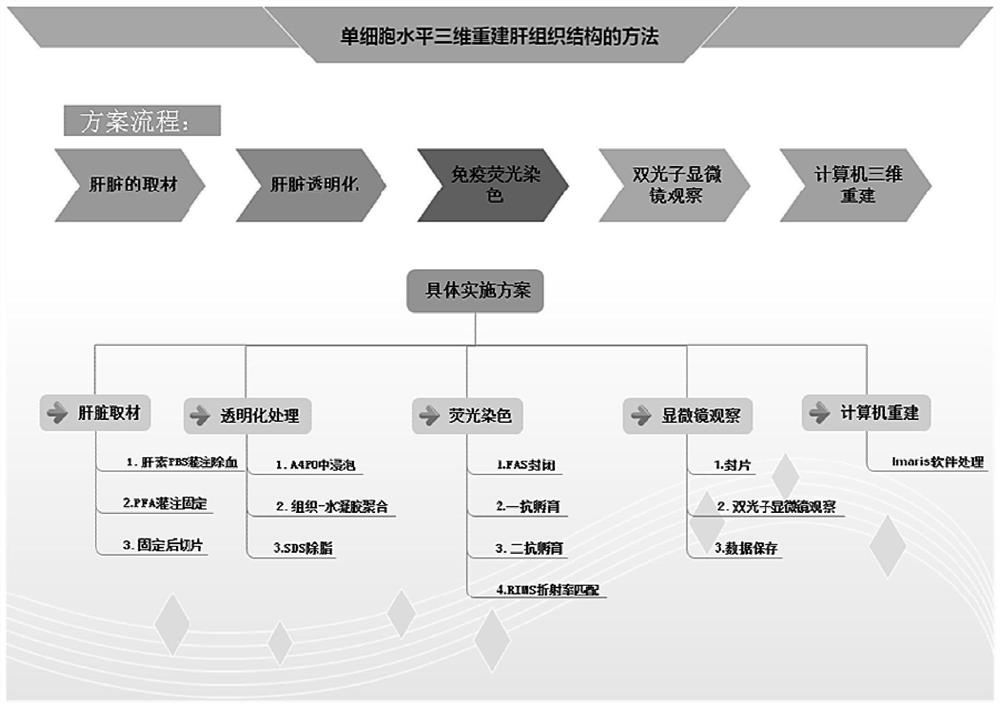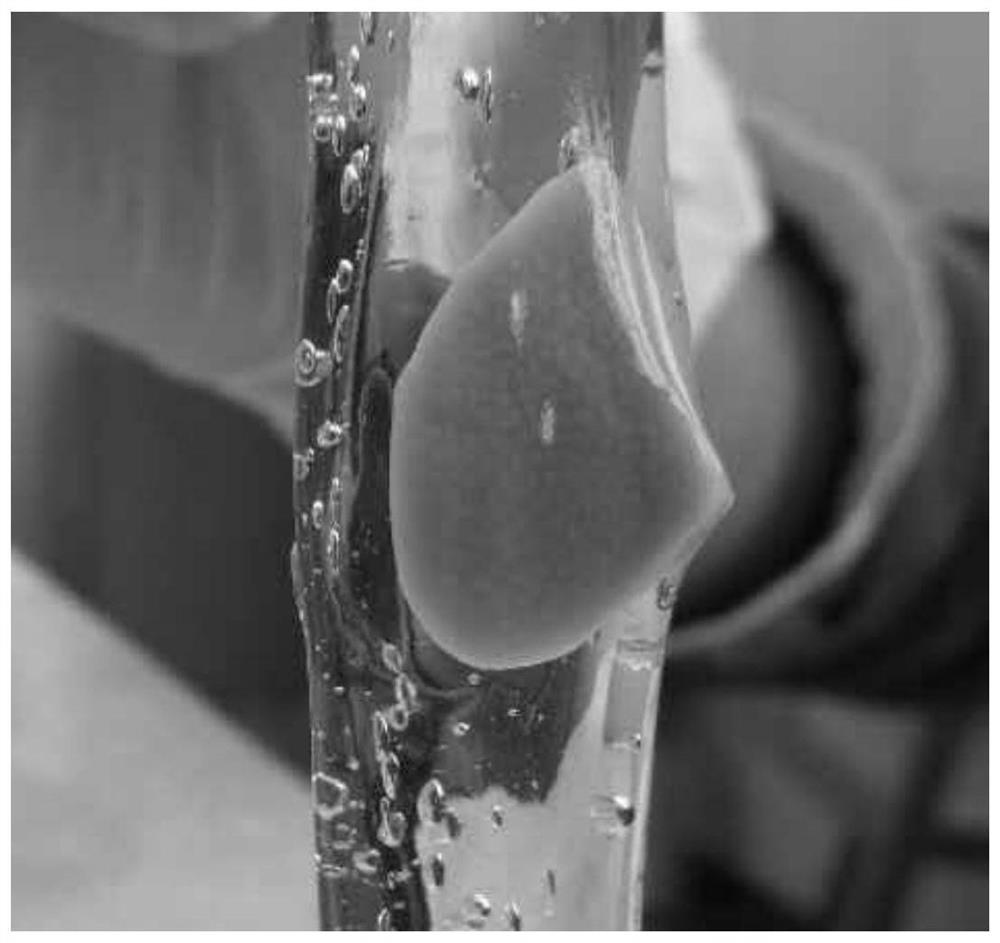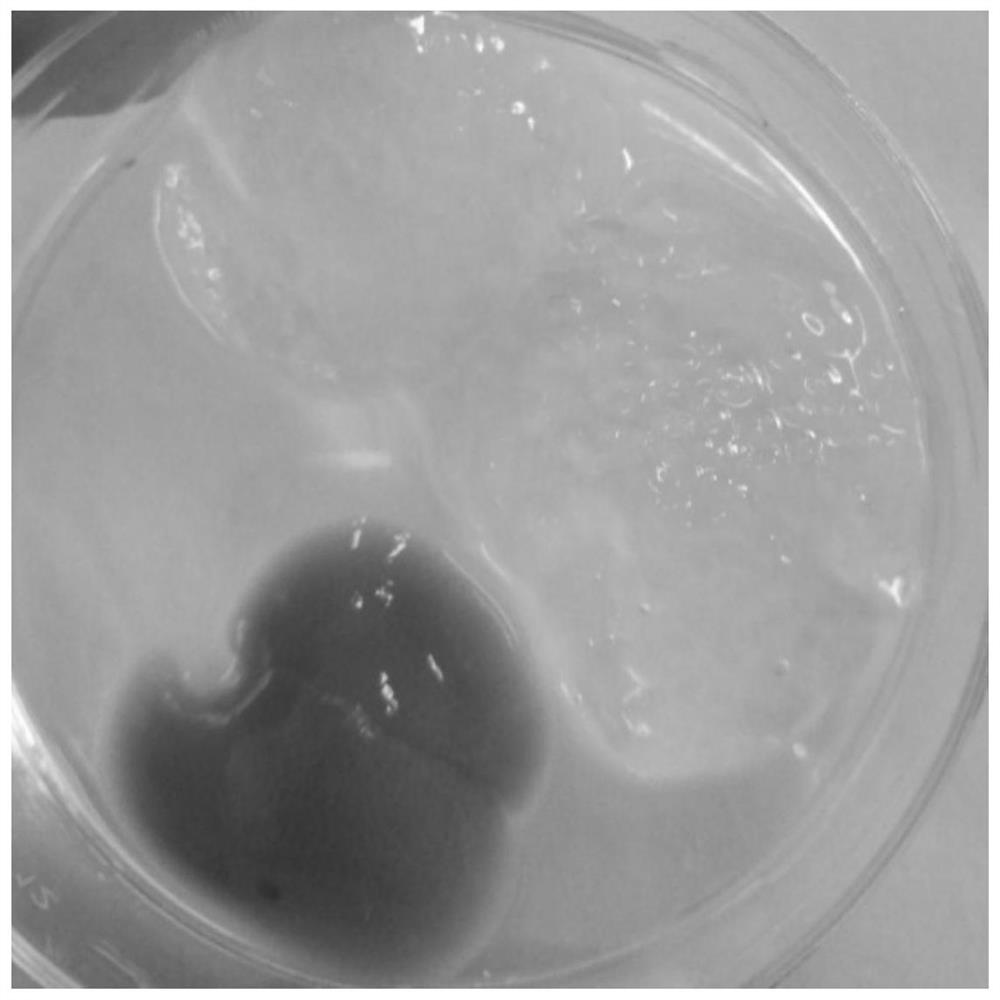Preparation of ultra-thick tissue slices and method for reproducing tissue three-dimensional morphology at the cellular level
A tissue slice, cell-level technology, applied in the field of reproducing the three-dimensional structure of tissue at the cell level, and the preparation of ultra-thick tissue slices, can solve the problems of not reaching the observation depth, etc., and achieve the prolongation of antibody incubation time, dense arrangement, and increased depth Effect
- Summary
- Abstract
- Description
- Claims
- Application Information
AI Technical Summary
Problems solved by technology
Method used
Image
Examples
Embodiment Construction
[0056] The present invention will be described in further detail below in conjunction with the accompanying drawings and specific embodiments.
[0057] In this example, relevant reagents are used to remove lipids in the liver and other substances that cannot penetrate light, so as to realize the transparency of the liver. At the same time, the tissue block is directly soaked in the antibody for incubation to improve the depth of immunostaining. Specifically, refer to figure 1 , including the following steps:
[0058] 1. Obtain the tissue material to be observed.
[0059] The tissue material is derived from a fresh organ or tissue. Usually, these fresh organs or tissues prepared for tissue sectioning require at least one of the following pretreatments:
[0060] (1) Cleaning the surface of the fresh organ or tissue to remove blood stains on the surface, parts of other organs or tissues that do not belong to the organ or tissue, or parts detached from the organ or tissue;
[0...
PUM
 Login to View More
Login to View More Abstract
Description
Claims
Application Information
 Login to View More
Login to View More - R&D
- Intellectual Property
- Life Sciences
- Materials
- Tech Scout
- Unparalleled Data Quality
- Higher Quality Content
- 60% Fewer Hallucinations
Browse by: Latest US Patents, China's latest patents, Technical Efficacy Thesaurus, Application Domain, Technology Topic, Popular Technical Reports.
© 2025 PatSnap. All rights reserved.Legal|Privacy policy|Modern Slavery Act Transparency Statement|Sitemap|About US| Contact US: help@patsnap.com



